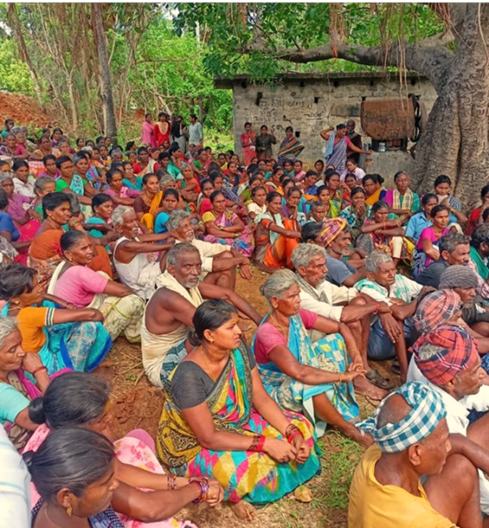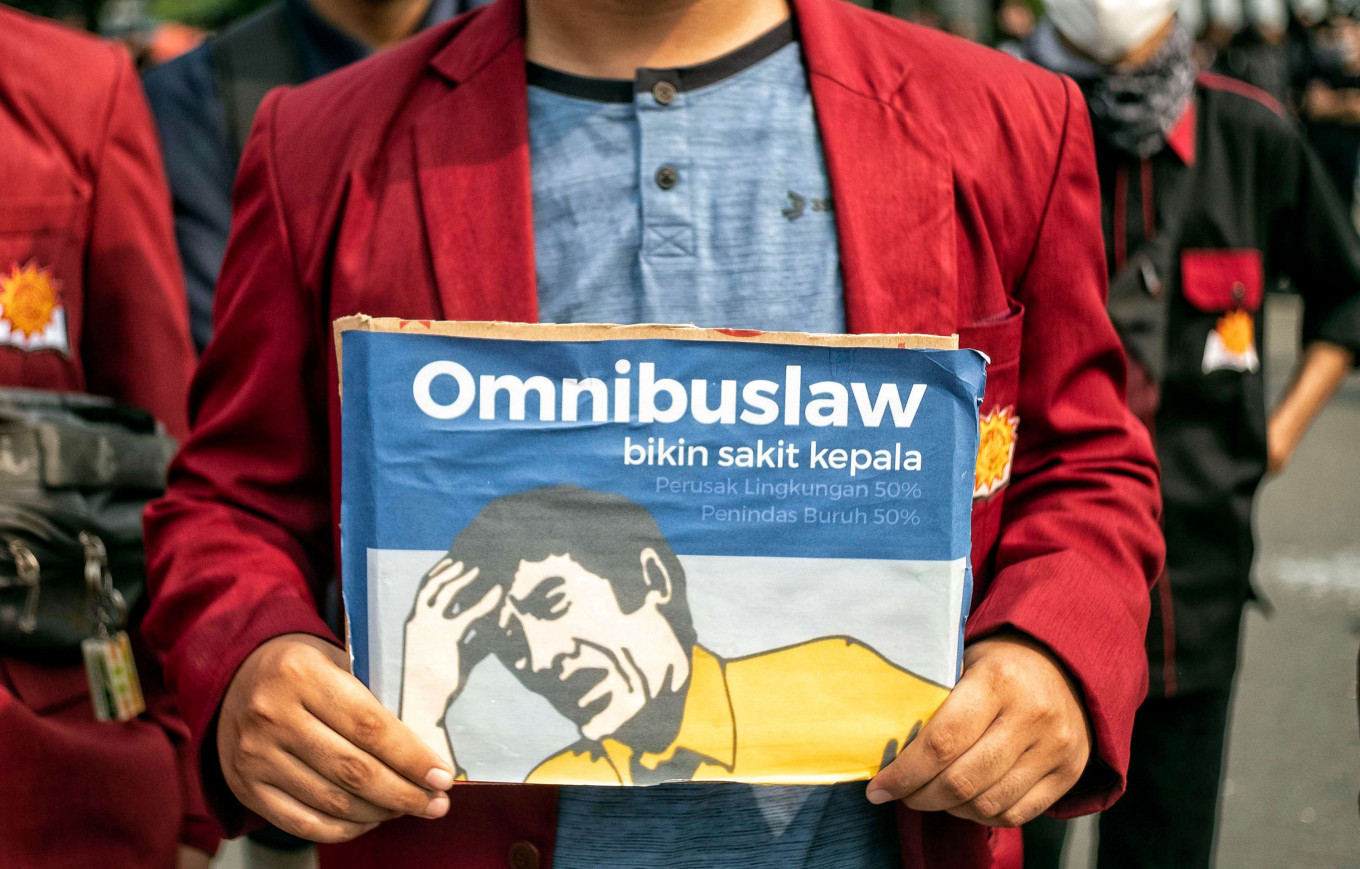I’m Shanmuga, an 17-year-old girl who’s been through quite a journey. Life wasn’t all rainbows and sunshine for me. Irregular periods, loss of appetite, tiredness, hair falling out like autumn leaves, and a constant feeling of fatigue. Yep, that was my life. Anaemia had me in its grip, and it wasn’t letting go. But that wasn’t the worst part. Every time I saw another girl my age, I felt like a drooping flower next to a glowing bloom. My self-esteem? Well, it was buried somewhere deep, along with my energy.

Here enters the AREDS Health Team. They didn’t just throw medical jargon at me; they built a bridge of trust. Slowly, I spilled my worries—the irregular cycles, the hair loss, the whole shebang. And guess what? They didn’t judge. Instead, they handed me a lifeline. “Shanmuga,” they said, “meet your new best friends: bitter gourd, beetroot, turkey berry, pomegranate, dates, gooseberry, curry leaf, and jaggery.” Iron-rich foods became my daily companions. I chomped down on them like a hungry squirrel. And you know what? It worked! Six months of commitment, and my body thanked me. My menstrual cycle decided to play nice, anxiety took a vacation, and my hair even stopped its escape act.
Now, I’m not saying I turned into a superhero overnight. But I did feel lighter—physically and mentally. No more hiding in the shadows. I could face the world, chat with friends and neighbours. Plus, my parents didn’t need to mortgage the house for doctor visits. Bonus!
So here I am, an 17-year-old with a renewed spirit. Anaemia? It’s still there, but it’s no longer the boss of me. I’ve got my iron-packed squad, and we’re rocking this health thing. If you see a girl with a spring in her step, that’s probably me. And hey, if you’re dealing with your own struggles, remember: You’re not alone. There’s always a way to bloom, even in the toughest soil.
.jpg)





















